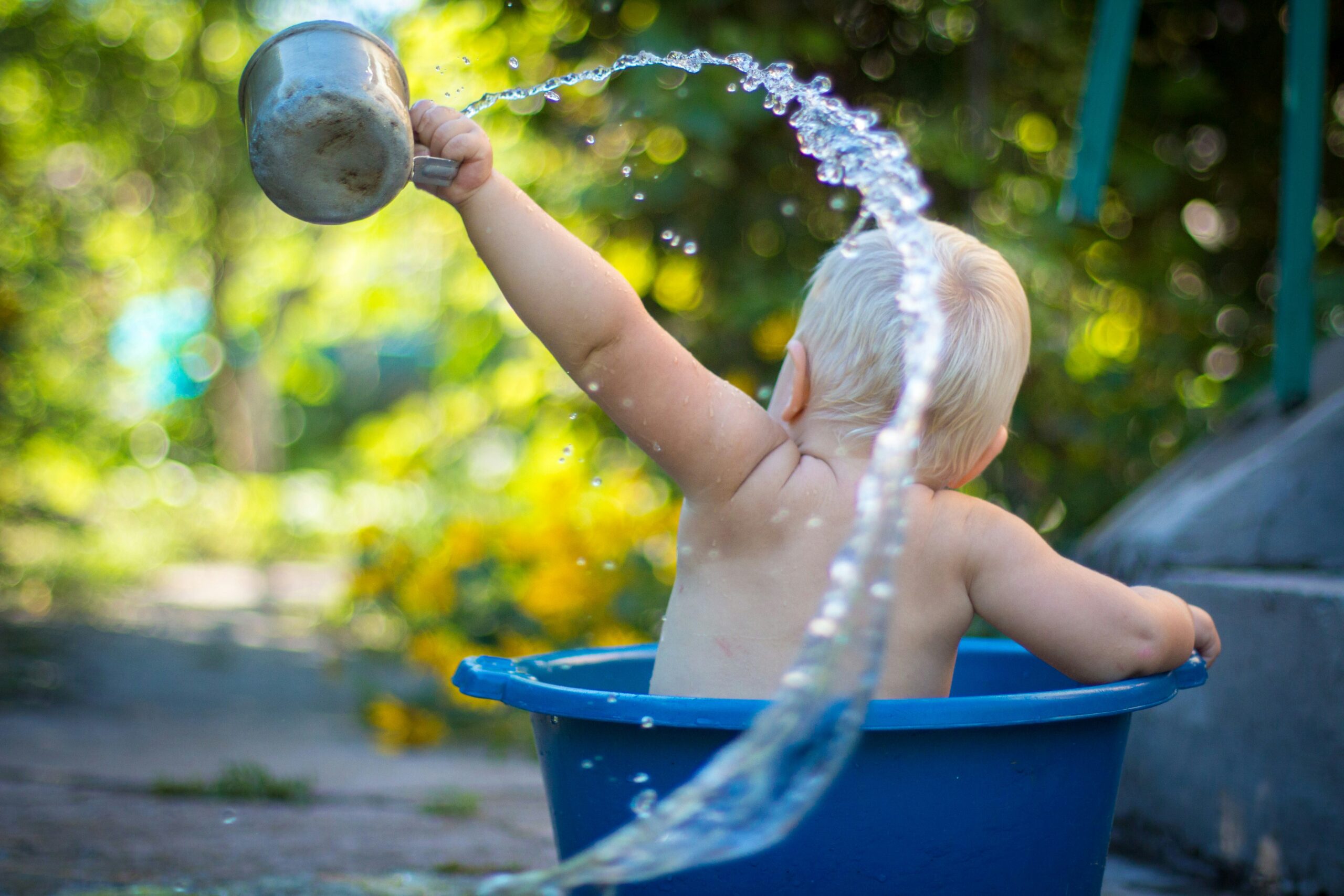
We recently invited local Pediatrician and MFCC Parent, Doctor Sevey, to the Milton Farmers Market to talk with us & families in town about summer safety. Read on to learn more about swimming, sunscreen usage for kiddos, and more warm-weather safety tips from our conversation!
Q: What are the best color swimsuits for kids?
A: We want to avoid bathing suits that blend in with the water, swimsuits that are bright and warm colors are the best (yellow, pink, red, and orange)
Q: What should we look for in sunscreen?
A: Sunscreen should be applied every 2 hours, if kids are sweating and swimming then should be applied more often. A sunscreen with at least SPF 30 is recommended. Any sunscreen that is above SPF 50 is about the same.
Q: Are mineral based sunscreens better?
A: There is no medical research finding that mineral based sunscreens are better than typical sunscreens. Mineral based sunscreens are just as effective as typical sunscreens and they may be more skin friendly if you notice your child has sensitive skin. Any sunscreen is better than no sunscreen! Sunburns can happen at any time of day and even on cloudy days. Between the hours of 10am-2pm is the most dangerous time to be in the sun.
Q: What about bug spray?
A: There are no concerns about using bug sprays on children as long as it is not being ingested (inhaling, licking, touching food, etc..). Bug sprays with deet are best to prevent ticks and mosquitos. Ticks and mosquitoes can carry sickness that can be harmful to humans and so it is important to take precautions to prevent bits. Avoid putting spray on hands and make sure to wash hands after applying to prevent accidental ingestion. Bug spray can be sprayed on clothes if you do not want it to come in contact with skin and still want protection. There is no medical data to show if there are any benefits to using natural bug spray over typical bug sprays.
Q: And when should I be worried about a big bite?
A: Bug bites rarely get infected when they do happen so no need to worry. If it seems itchy, calamine lotion can be applied for relief and non-sedating antihistamine like (zyrtec, claritin, allegra) can be given. Benadryl should be avoided due to it having a sedative effect.
www.Healthychildren.org can provide weight based dosing recommendations for medications.
Q: How can I keep my kids safe around water?
A: On ANY boat a child needs to have a U.S. Coast Guard Approved PFD Device (personal floatation device). These are tools to prevent drowning by keeping the head above water, they are not meant to be used as a swimming support. Drowning can happen in as little as 3 inches of water, this includes water tables, bath tubs, kiddie pools. If your child is in water they can swim in – you are in the water swimming. A SOBER ADULT SHOULD BE EYES ON A CHILD AROUND WATER (NO READING, NO PHONE). If that adult needs to leave they either need to take the child with them or have another sober adult pay COMPLETE attention to the child in/around water. Kiddie pool covers and water table covers are not recommended as they are drowning hazards.
Q: How can I prevent heat stroke in my kids?
A: Make sure that parents and children outside stay hydrated to prevent heat stroke! If children are complaining about nausea, vomiting, hot to touch then you should seek medical attention! People with sunburns are not able to dispel heat so are more at risk for heat stroke. Babies under 6 months should not be given water, keep them in shade with a breeze if they need to be outside.
Q: We are going on vacation, what do I do if I need to talk to a doctor?
A: Most pediatricians’ offices have an after-hours or on-call number you can call. Make sure to program that into your phone before going on vacation. If you are traveling far and are visiting family or friends that have established care you may be able to consult with their pediatrician’s office about next steps.






